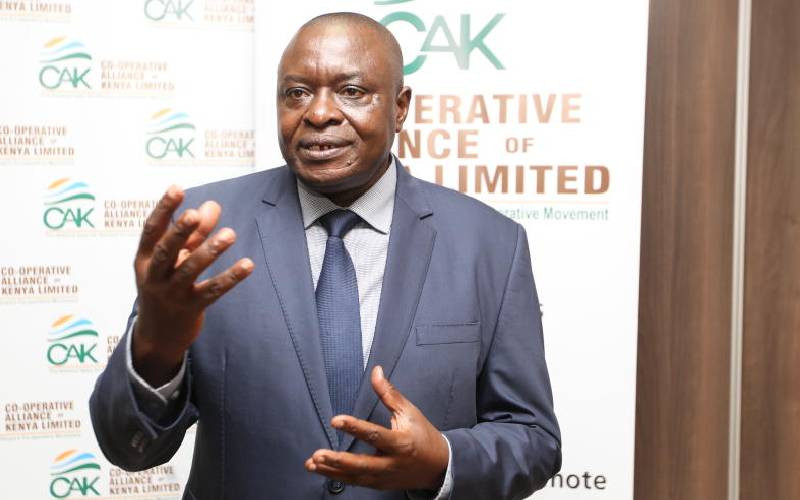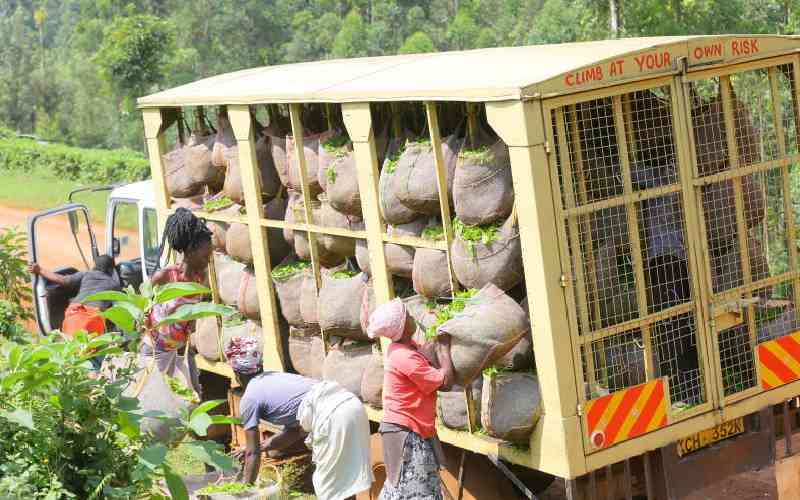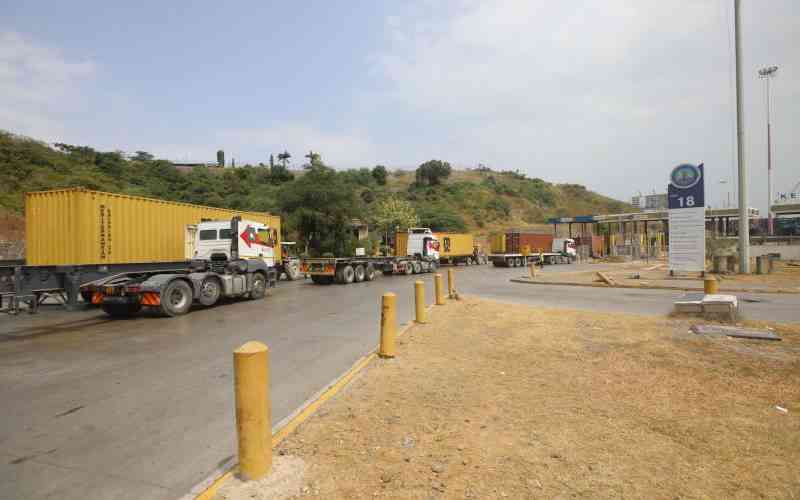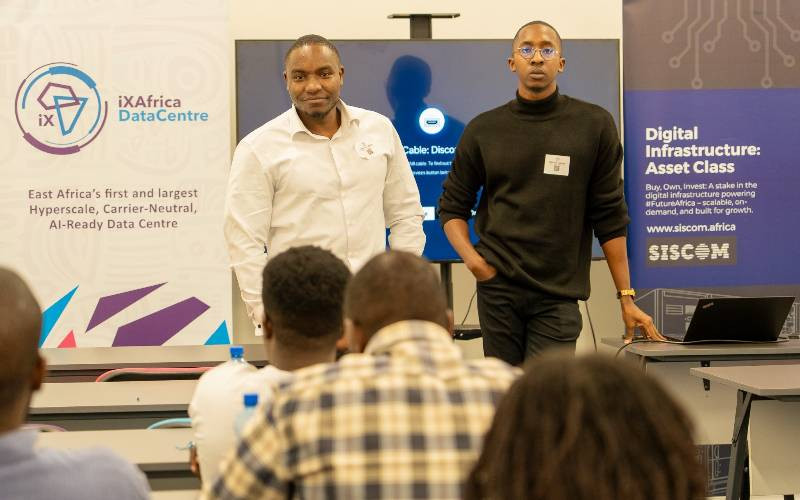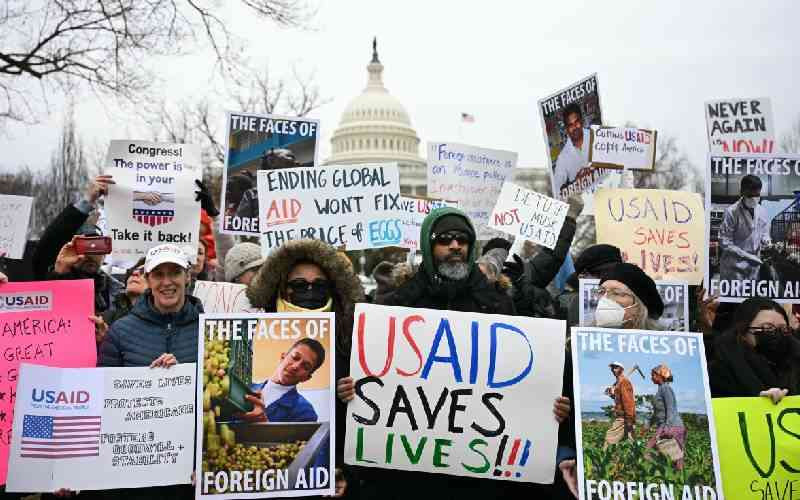
This week, my attention was caught by a soul-crushing scene on television. A weak mother stood outside a Nairobi hospital, clutching her child in despair. The reporter’s voice trembled, funding for life-saving medical programmes had been frozen.
Patients on HIV treatment, cancer patients and malnourished children were now staring at uncertainty. Yet, even more shocking than their plight was the reaction from our own senior Health Ministry officials, obviously troubled, scrambled for answers. Their panic suggested something far deeper than the loss of foreign funding - it exposed a disturbing truth we have long ignored.
Kenya’s health system, like many essential services, relies on foreign aid. With one stroke of a pen, Washington shattered that illusion. Trump upheld his stance - America first. For Kenya, this wasn’t just a financial blow; it was a brutal wake-up call!
In my opinion, Trump understands something that many ignore: America’s economy has been leaking money through inefficiency, corruption and unsustainable foreign aid programmes. Billions of taxpayer dollars have been funneled into international assistance, much of it wasted abroad and within US bureaucracies. His administration sees this as a hemorrhage that must be stopped. He is not just cutting aid; he is forcing the world to acknowledge its economic vulnerabilities.
What does this mean for Kenya? For decades, we have structured our national planning with the expectation that someone, somewhere, will fund our gaps. While other nations have built economies designed for long-term sustainability, we have built systems that cannot function without external crutches. Insensitively our universities produce more graduates in "community development" - a field designed to manage aid - than in industrial innovation or high-value entrepreneurship. Instead of training our young people to create, we have trained them to manage dependency.
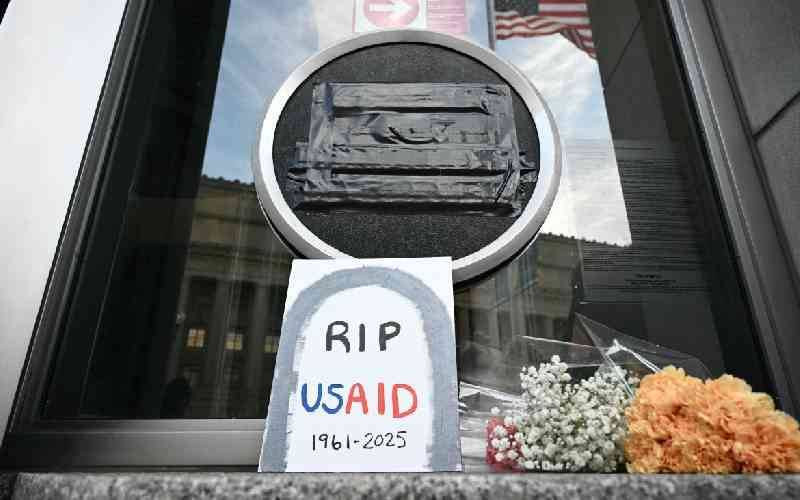
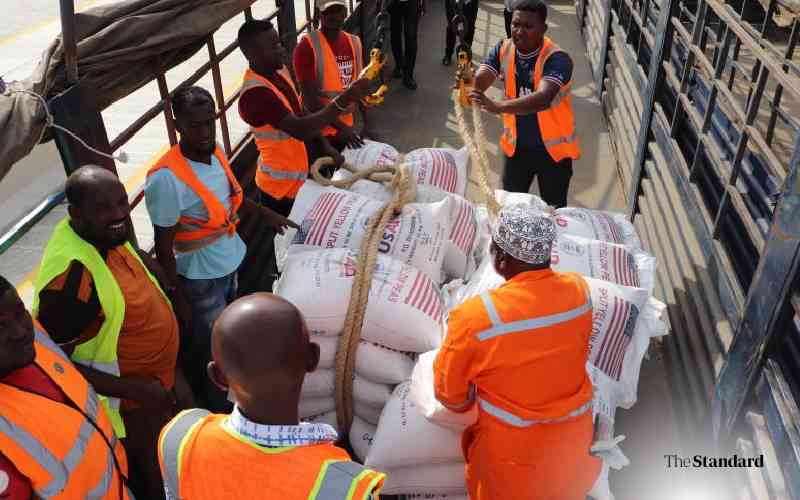


I share this from experience because I began my eco-preneurship journey at 19, building solutions from nothing. I’ve seen businesses transform lives, restore dignity, and create prosperity. Yet, Kenya’s entrepreneurial spirit is trapped in a cycle of waiting for grants, loans, foreign decisions. It’s time to break free.
I consider America’s decision not as an attack but a four-pronged opportunity for Africa to redefine its priorities.
First, Kenya must rethink how it treats foreign aid. For too long, aid has been absorbed as sustenance rather than investment. When a nation becomes reliant on donations for healthcare, education, or infrastructure, it has lost a piece of its sovereignty. Foreign assistance should be a tool for strategic leverage, not an economic oxygen tank.
Second, we should not mourn USAID’s withdrawal but ask ourselves, were we so vulnerable? A resilient economy must ensure every aid dollar fuels self-sustaining investments in manufacturing, agriculture and healthcare.
Third, our national budget must reflect efficiency and innovation, not dependence on external grants. We must tax corruption the way we tax businesses, ensuring that the billions lost through mismanagement are reinvested in Kenya’s growth.
Fourth, Kenya must realistically prioritise eco-preneurship, agro-industrialisation, and technology as engines of prosperity. Economic independence will only be realised when we leverage our natural resources, agricultural potential, and youthful workforce to build industries that generate wealth rather than wait for it to be donated.
Trump’s policy is a challenge - not to complain, but to compete. He is reshaping the global order, pushing nations to rethink their economic survival. For Kenya and Africa, self-reliance is no longer optional - it is fundamental.
Haven’t we learned from Singapore, South Korea, and the UAE? They once struggled more than Kenya but rejected dependency and built thriving economies. Today, Singapore’s GDP per capita is ten times Kenya’s just because they created wealth, not waited for aid.
If we truly desire economic freedom, let this be our turning point. A well-rooted tree doesn’t wither when the rains stop, instead it draws strength from within. No 62 year old nation should tremble at foreign aid cuts if it has built an economy that thrives on its own resilience, innovation and self-reliance. Think green, act green!
Stay informed. Subscribe to our newsletter

